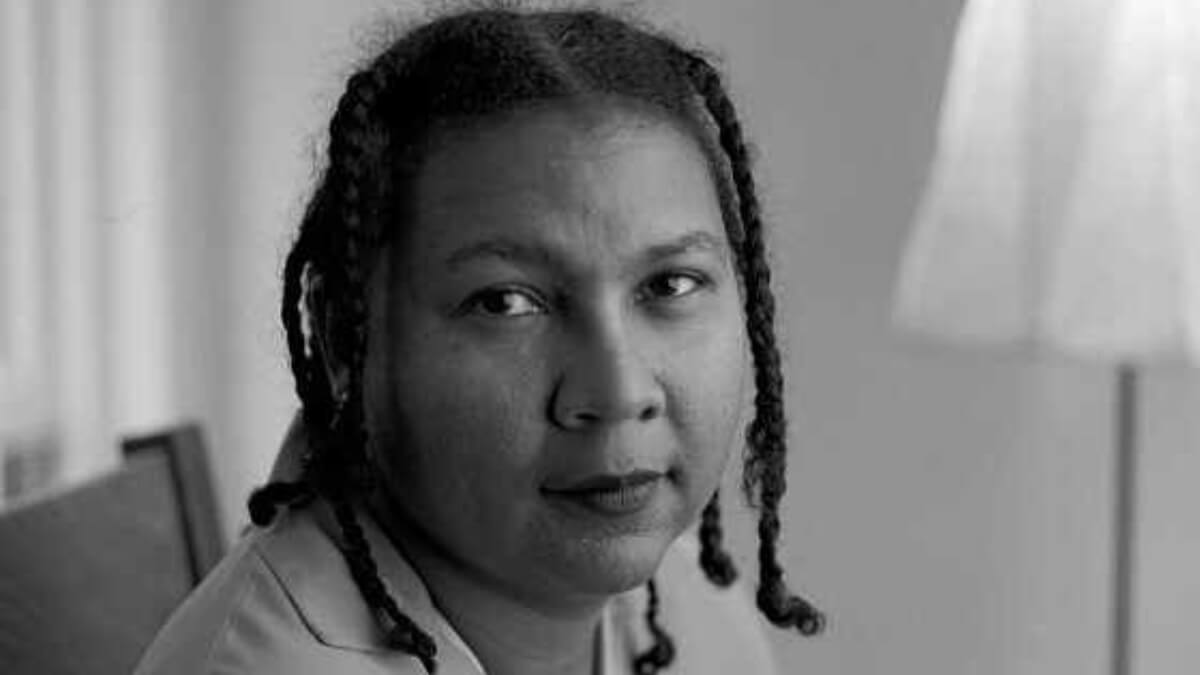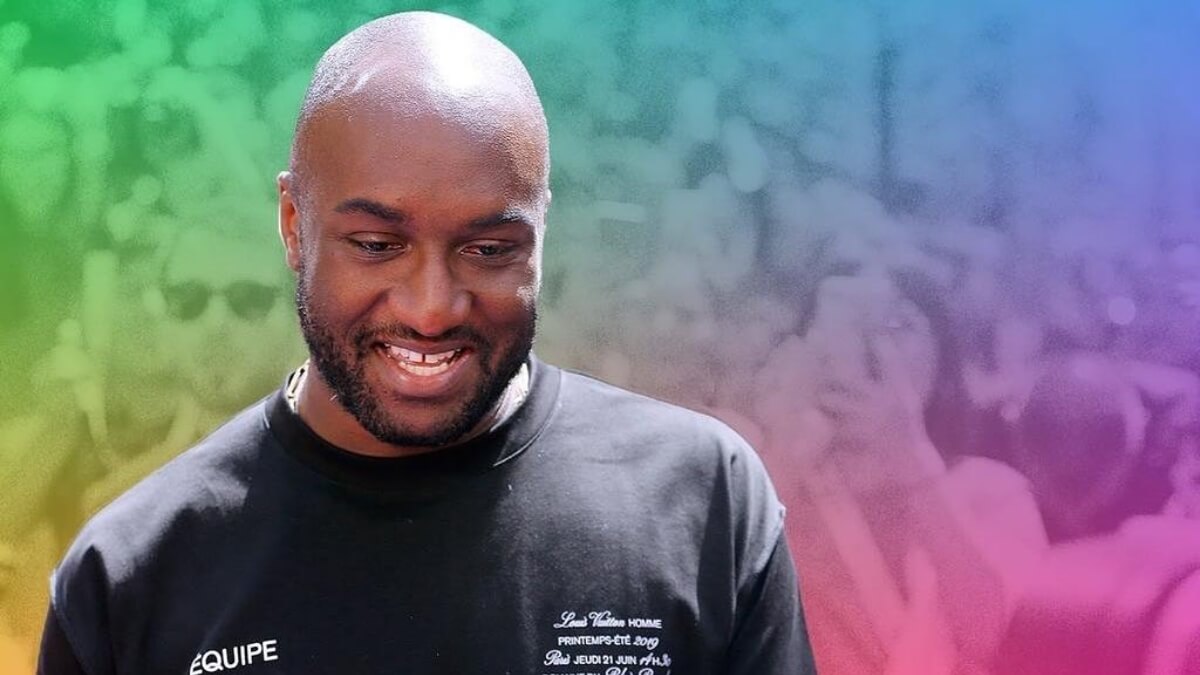bell hooks Biography – Bell Hooks Wiki
bell hooks whose real name was Gloria Jean Watkins better known by her pen name bell hooks, was an American author, professor, feminist, and social activist. The name “bell hooks” is borrowed from her maternal great-grandmother, Bell Blair Hooks.
The focus of hooks’ writing was the intersectionality of race, capitalism, and gender, and what she described as their ability to produce and perpetuate systems of oppression and class domination. She published more than 30 books and numerous scholarly articles, featured in documentary films, and participated in public lectures. Her work addressed race, class, gender, art, history, sexuality, mass media, and feminism. In 2014, she founded the bell hooks Institute at Berea College in Berea, Kentucky.
Her academic career started in 1976 as an English professor and senior lecturer in ethnic studies at the University of Southern California. During her three years there, Golemics, a Los Angeles publisher, released her first published work, a chapbook of poems titled And There We Wept (1978), written under the name bell hooks. She adopted her maternal great-grandmother’s name as a pen name because her great-grandmother “was known for her snappy and bold tongue, which [she] greatly admired”. She put the name in lowercase letters “to distinguish [herself from] her great-grandmother.” She said that her unconventional lowercasing of her name signified that what is most important to focus upon is her works, not her personal qualities: the “substance of books, not who I am.”
She taught at several post-secondary institutions in the early 1980s and 1990s, including the University of California, Santa Cruz, San Francisco State University, Yale (1985 to 1988, as assistant professor of African and Afro-American studies and English), Oberlin College (1988 to 1994, as associate professor of American literature and women’s studies), and beginning in 1994, as distinguished professor of English at City College of New York.
In 1981 South End Press published her first major work, Ain’t I a Woman? Black Women and Feminism, though it was written years earlier while she was an undergraduate student. In the decades since its publication, Ain’t I a Woman? has been recognized for its contribution to feminist thought, with Publishers Weekly in 1992 naming it “One of the twenty most influential women’s books in the last 20 years.” Writing in The New York Times in 2019, Min Jin Lee said that Ain’t I a Woman “remains a radical and relevant work of political theory. hooks lay the groundwork of her feminist theory by giving historical evidence of the specific sexism that black female slaves endured and how that legacy affects black womanhood today”. Ain’t I a Woman? examines themes including the historical impact of sexism and racism on black women, devaluation of black womanhood, media roles and portrayal, the education system, the idea of a white-supremacist-capitalist-patriarchy, the marginalization of black women, and the disregard for issues of race and class within feminism.
hooks also became significant as a leftist and postmodern political thinker and cultural critic. She published more than 30 books, ranging in topics from black men, patriarchy, and masculinity to self-help; engaged pedagogy to personal memoirs; and sexuality (in regards to feminism and politics of aesthetics and visual culture). Reel to Real: race, sex, and class at the movies (1996) collects film essays, reviews, and interviews with film directors. In The New Yorker, Hua Hsu said these interviews displayed the facet of hooks’ work that was “curious, empathetic, searching for comrades”.
In Feminist Theory: From Margin to Center (1984), hooks develops a critique of white feminist racism in second-wave feminism, which she argued undermined the possibility of feminist solidarity across racial lines. hooks argued that communication and literacy (the ability to read, write, and think critically) are necessary for the feminist movement because without them people may not grow to recognize gender inequalities in society.
In 2002, hooks gave a commencement speech at Southwestern University. Eschewing the congratulatory mode of traditional commencement speeches, she spoke against what she saw as government-sanctioned violence and oppression and admonished students who she believed went along with such practices. The Austin Chronicle reported that many in the audience booed the speech, though “several graduates passed over the provost to shake her hand or give her a hug”. In 2004, she joined Berea College as Distinguished Professor in Residence. Her 2008 book, belonging: a culture of place, includes an interview with author Wendell Berry as well as a discussion of her move back to Kentucky. She was a scholar in residence at The New School on three occasions.
She was inducted into the Kentucky Writers Hall of Fame in 2018. An avid reader, she went to study in racially segregated public schools, later moving to an integrated school in the late 1960s. She graduated from Hopkinsville High School before obtaining her BA in English from Stanford University in 1973, and her MA in English from the University of Wisconsin–Madison in 1976. During this time, at 24 she was writing her book Ain’t I a Woman: Black Women and Feminism, which was published in 1981. In 1983, after several years of teaching and writing, she completed her doctorate in English at the University of California, Santa Cruz, 1987, with a dissertation on author Toni Morrison.
bell hooks Age
She was born on September 25, 1952, in Hopkinsville, a small, segregated town in Kentucky, United States, and died on December 15, 2021, in Berea, Kentucky, the United States aged 69.
bell hooks Family
She was born into a working-class African-American family. hooks was the fourth of seven children born to her parents Rosa Bell Watkins (née Oldham) and Veodis Watkins. Her father worked as a postal worker and janitor and her mother worked as a maid in the homes of caucasian families. Her siblings are Angela Watkins, Valeria Watkins, Gwenda Watkins, Theresa Watkins, Kenneth Watkins, and Sarah Watkins
bell hooks Partner
She kept her private life away from publicity. She described her sexual identity as queer-pas-gay.
bell hooks Death
She passed on on December 15, 2021, from kidney failure at her home in Berea, Kentucky, aged 69. Her family confirmed the news of her death in a statement. Her niece, Ebony Motley, posted a statement on Twitter confirming the news of her death.
” The family of @bellhooks is sad to announce the passing of our sister, aunt, great aunt, and great aunt. The author, professor, critic, and feminist made her transition early this am from her home, surrounded by family and friends. 🖤The family is honored that Gloria received numerous awards, honors, and international fame for her works as [a] poet, author, feminist, professor, cultural critic, and social activist,” the statement said.
After the news of her death, hooks’ friend Linda Strong-Leek said: “She was one of my dearest friends and the world is a lesser place today without her.”
Best-selling American writer Roxane Gay tweeted “Oh my heart. bell hooks. May she rest in power. Her loss is incalculable.”
bell hooks Cause of Death
She died from kidney failure (end-stage renal failure) at her home in Berea, Kentucky on December 15, 2021. She was 69.


